Did You Know? Q&A with IPA’s DPA
Hello! As your IPA Representatives, Katie Kopp and Ashley Freeman will be blogging or emailing to highlight an IPA member benefit or informing you of something we hope you might find interesting about IPA. This month we are highlighting the Director of Professional Affairs (DPA) position, one of IPA’s immensely valuable members-only resources.
We interviewed Dr. Valerie Keffala to gather some history on the creation of this role within IPA. Dr. Keffala first became aware of the DPA role in 2020 while attending APA’s annual Practice Leadership Conference. She learned how other state psychological associations were utilizing a Director of Professional Affairs to serve as an advocate and informational resource regarding professional practice issues and wanted to provide a similar service to IPA. She spoke of the increased need for this leadership position during the pandemic when psychologists were facing telehealth parity issues along with other practice-related challenges. While not every state psychological association employs a DPA, and their responsibilities vary, they share the same broad goal: to improve the professional lives of practicing psychologists.
In 2020, during Dr. Keffala’s President-Elect year, IPA’s Executive Council voted to approve this position. After interviewing candidates, Dr. Bethe Lonning was selected and began serving as IPA’s first DPA in 2021. While this role has been partially funded by the Iowa Psychological Foundation for the past three years, beginning in 2024, this important member benefit will be fully funded by IPA membership dues.
Dr. Bethe Lonning was kind enough to answer some questions about her experience serving as IPA’s Director of Professional Affairs:
- How long have you been in the role? I have the privilege of being the first and currently the only DPA IPA has had. I hope this role continues to be supported long after I hold the position as I believe it is valuable to the association and members.
- What would you like members to know about what you do in this role? I would primarily like members to know I am here to assist them in matters impacting their practice in any way I can. If they are not sure of something, I may have information to help or can point them in a direction that will resolve their concern. This role has access to many resources through APA and across the country so it is likely there is an answer somewhere for what a member is experiencing.
- What are you most proud of accomplishing in this position so far? I get excited about every ‘success’ which I define as when a member’s concern or issue has been resolved! It is so gratifying when a member no longer has to stress about the issue they brought to my attention. However, to date, I would say the biggest accomplishment is assisting a member in getting reimbursed from an insurance company for sessions dating back to January of 2022. There were a lot of steps to this process but it finally is nearing resolution with expected payment soon. That is fun!
- What challenges have you encountered in this position? So far, the biggest challenge is figuring out how best to help—I see that as a learning experience that only adds to how I can assist other members in the future.
- How can members use you as a resource? Examples of times members have reached out and you were able to help them solve a problem? Members can use the DPA as a resource for insurance questions including credentialing and billing. They can ask questions about practice issues like setting up a practice, how to market themselves and how to address audit situations. I can assist in how to interpret some legislation that may impact practice. These are examples of what members have asked me about already. I believe I have been able to help everyone who has sought my assistance—the outcome may not have been what they hoped it to be but there has been resolution.
- What types of issues or member questions can you not address? I cannot offer any type of legal advice. I can assist with ethical dilemmas and will include the IPA ethics committee in those instances as well. Right now, I cannot think of any other obvious things I cannot do but I always try to let members who do contact me know the limits of what I might be able to do in the situation they are asking about.
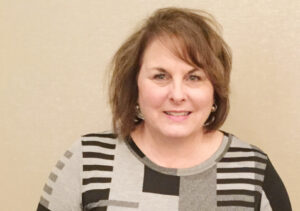 In addition to her role as IPA’s Director of Professional Affairs, Dr. Bethe Lonning also serves as the Chair of the Psychopharmacology Committee for the Iowa Psychological Association and has been instrumental in advancing prescriptive privileges in our state. She holds a BA from the University of Iowa, a master’s degree from South Dakota State, a Doctor of Psychology degree from the University of Northern Colorado, and a Postdoctoral Master’s Degree in Clinical Psychopharmacology from Farleigh Dickinson University. She has been in practice in the Quad Cities since 1993 and started Psychology Health Group in 1997. Prior to 1993, she worked in Wichita, Kansas at the Child Guidance Center and the University of Kansas School of Medicine. She has also taught courses through Western Illinois University in the Master’s in Counseling program.
In addition to her role as IPA’s Director of Professional Affairs, Dr. Bethe Lonning also serves as the Chair of the Psychopharmacology Committee for the Iowa Psychological Association and has been instrumental in advancing prescriptive privileges in our state. She holds a BA from the University of Iowa, a master’s degree from South Dakota State, a Doctor of Psychology degree from the University of Northern Colorado, and a Postdoctoral Master’s Degree in Clinical Psychopharmacology from Farleigh Dickinson University. She has been in practice in the Quad Cities since 1993 and started Psychology Health Group in 1997. Prior to 1993, she worked in Wichita, Kansas at the Child Guidance Center and the University of Kansas School of Medicine. She has also taught courses through Western Illinois University in the Master’s in Counseling program.
Thank you, Dr. Lonning, for all you do for IPA!
Begin paid content
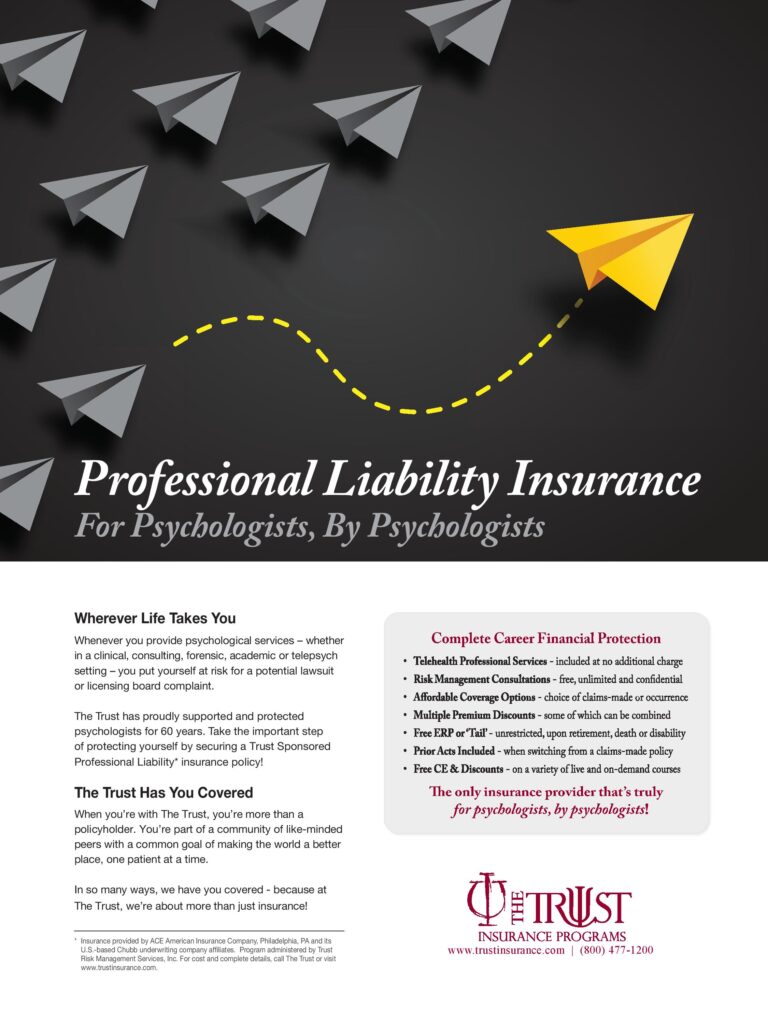

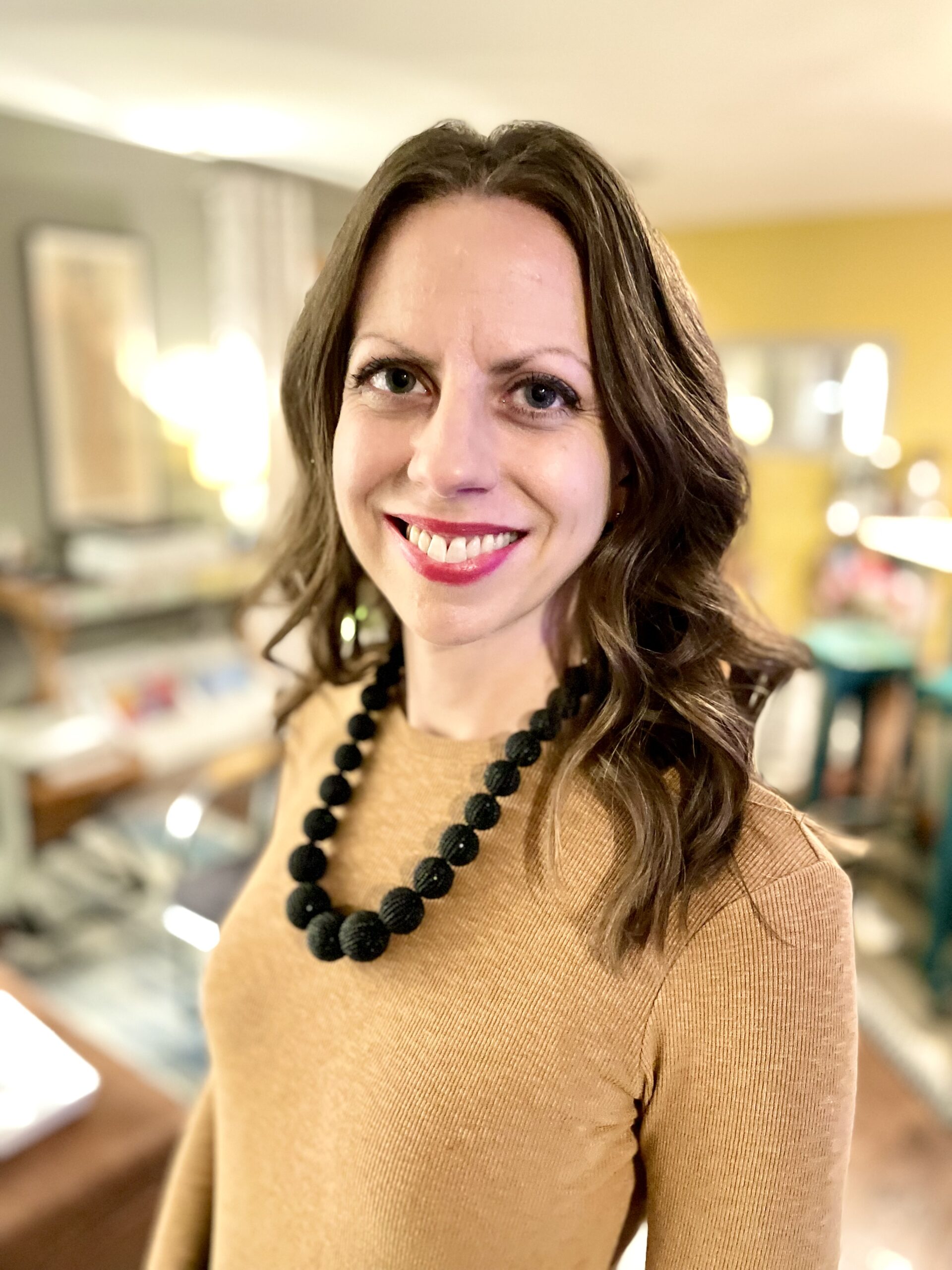
 The Membership Committee strives to increase member participation in activities that promote the IPA mission and Strategic Plan. A primary Membership Committee objective is to assist IPA’s standing committees in reaching their desired capacities. Over the past year, our Finance, Psychopharmacology, and Diversity and Social Justice committees have benefitted from the participation of some of the newest IPA members, including student members. This effort has been greatly appreciated. Meanwhile, the majority of IPA committees continue to seek members.
The Membership Committee strives to increase member participation in activities that promote the IPA mission and Strategic Plan. A primary Membership Committee objective is to assist IPA’s standing committees in reaching their desired capacities. Over the past year, our Finance, Psychopharmacology, and Diversity and Social Justice committees have benefitted from the participation of some of the newest IPA members, including student members. This effort has been greatly appreciated. Meanwhile, the majority of IPA committees continue to seek members.
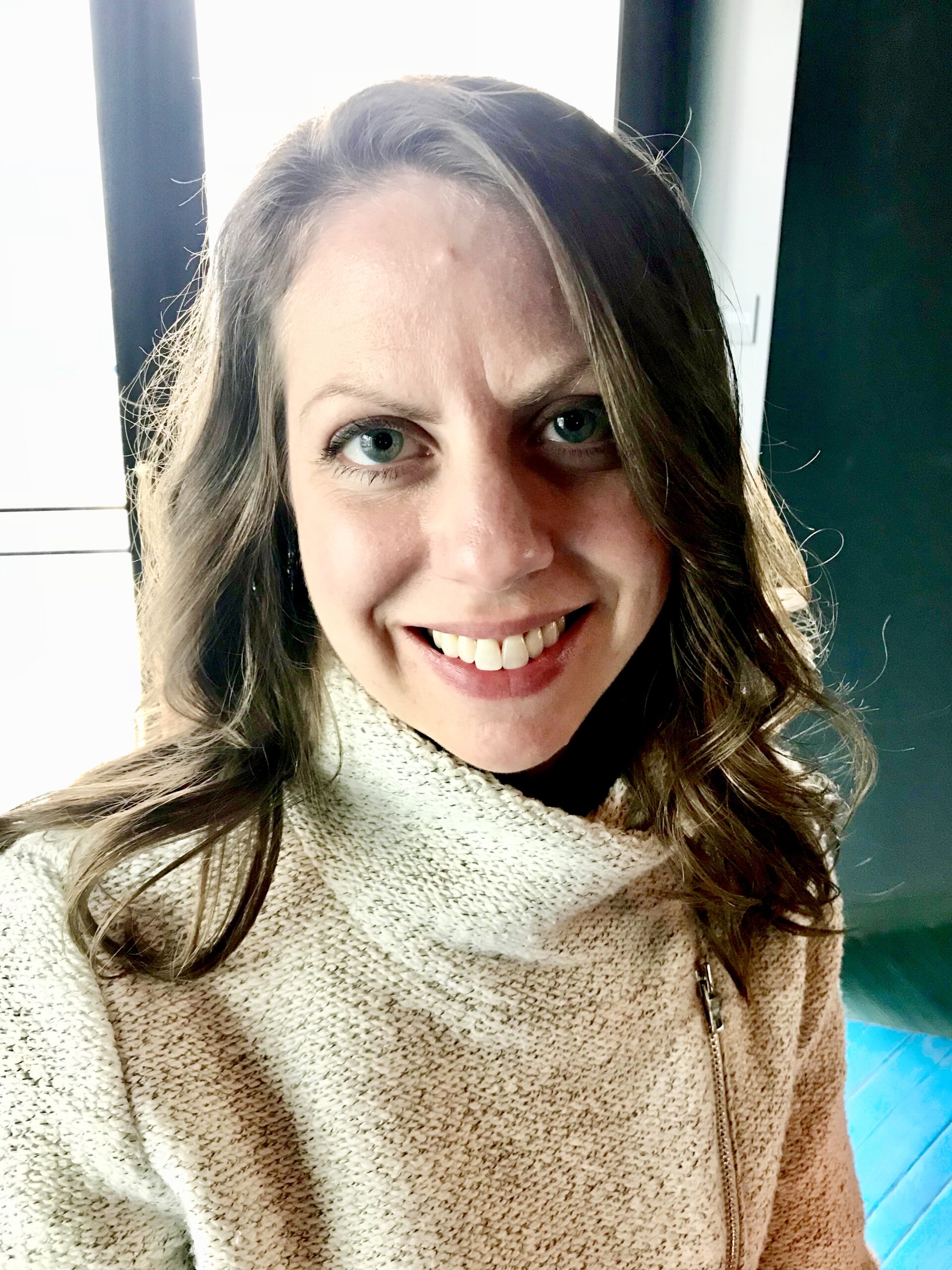
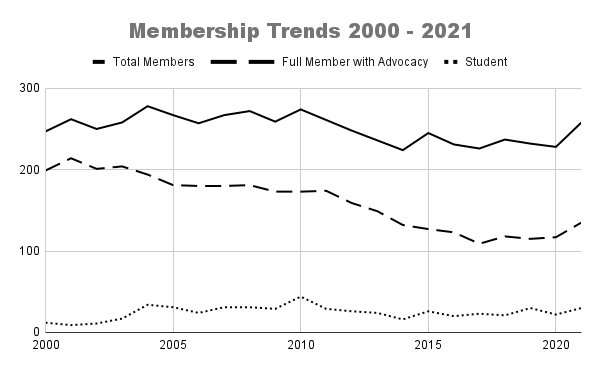

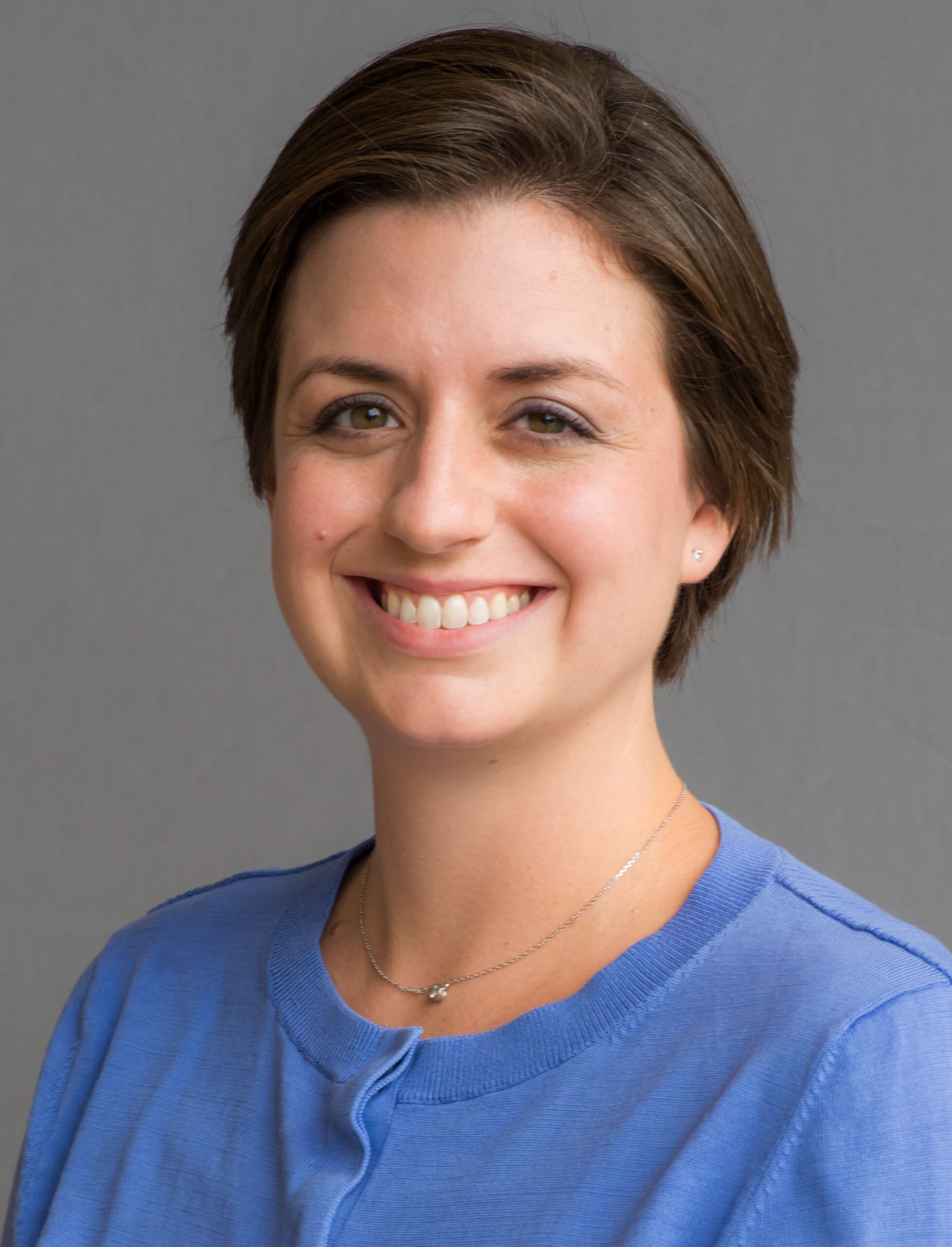
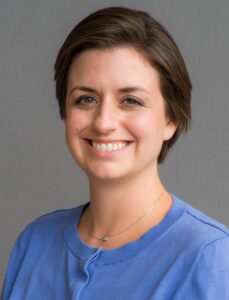
 I wanted to introduce myself and say a bit about my role in the IPA. I have been a member of IPA since I joined as a student, under the encouragement of my major professor, Dr. Norm Scott. During that time, I have been so grateful for the community IPA has provided.
I wanted to introduce myself and say a bit about my role in the IPA. I have been a member of IPA since I joined as a student, under the encouragement of my major professor, Dr. Norm Scott. During that time, I have been so grateful for the community IPA has provided.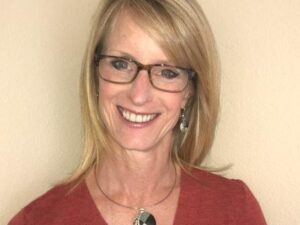 Like Scott, my goal is to best represent members’ concerns, wishes and goals. I am a 3rd year rep filling a vacancy created when Dr. Joy Goins-Fernandez assumed another leadership role for IPA.
Like Scott, my goal is to best represent members’ concerns, wishes and goals. I am a 3rd year rep filling a vacancy created when Dr. Joy Goins-Fernandez assumed another leadership role for IPA.